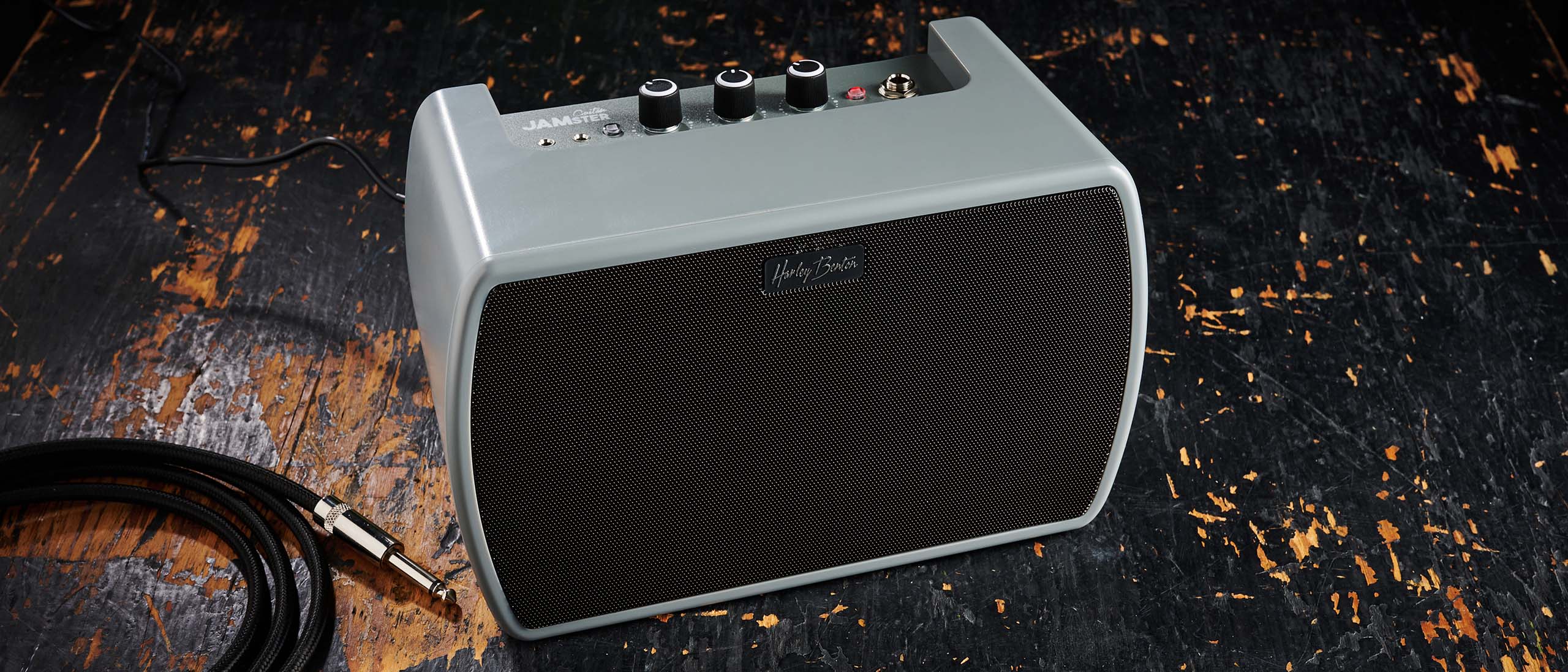How to Play Customized Two-Note-Per-String Scales

If you’ve ever sat down to learn a scale that isn’t called the minor pentatonic scale, you’ve definitely made a few mistakes as you ascended and descended through the various positions.
The simple two-notes-per string construction of the pentatonic scale is the reason so many guitar players stop there when it comes to learning new tonalities on the instrument. It sounds good, works in a lot of musical situations and above all, it’s easy to play and remember.
In this lesson, I’ll show you how removing certain notes on each subsequent string not only preserves the character of more intricate scales like the major scale, but also allows you to get acquainted with positions that might be new to you—without you having to work too hard.
The concept is simple: remove one note per string of each scale position. If scale positions are new to you, you can learn all about them in my course Guitar Super System.
As you’ll see, this will make the scale seem a lot more familiar, both in feel and when you try to use it for improvising. The neat thing is, depending on which notes you choose to remove, you’ll still have access to the character of whatever scale you’re playing.
For those of you who are already well versed in three-note-per-string scales, though, don’t worry—I have something for you too. Take the same concept of the previous exercise where you remove a certain note of each string, but instead of sticking to only two notes on each string, insert a unison note on the following string.
I’ve found this to yield extremely unique melodies, allowing for a displaced emphasis on where I’d normally articulate a given chord tone. It’s also an extreme workout on my fingers regarding dexterity and strength, and subliminal ear training as I search for cohesive melodic statements.
Give it a try, and watch the new melodies bloom out of your fingers!
Tyler Larson is the founder of the guitar-centric brand Music is Win. His insightful, uncomplicated guitar lessons and gear demonstrations along with entertaining, satirical content about life as a musician receive tens of millions of video views per month across social media. Tyler is also the creator of the extremely popular online guitar learning platform, Guitar Super System. A graduate of Berklee College of Music, Tyler has been teaching guitar for over a decade and operates a production studio in Nashville, TN.
Get The Pick Newsletter
All the latest guitar news, interviews, lessons, reviews, deals and more, direct to your inbox!
Tyler Larson is the founder of the guitar-centric brand Music is Win. His insightful, uncomplicated guitar lessons and gear demonstrations along with entertaining, satirical content about life as a musician receive tens of millions of video views per month across social media. Tyler is also the creator of the extremely popular online guitar learning platform, Guitar Super System. A graduate of Berklee College of Music, Tyler has been teaching guitar for over a decade and operates a production studio in Nashville, TN.









![Joe Bonamassa [left] wears a deep blue suit and polka-dotted shirt and plays his green refin Strat; the late Irish blues legend Rory Gallagher [right] screams and inflicts some punishment on his heavily worn number one Stratocaster.](https://cdn.mos.cms.futurecdn.net/cw28h7UBcTVfTLs7p7eiLe.jpg)

